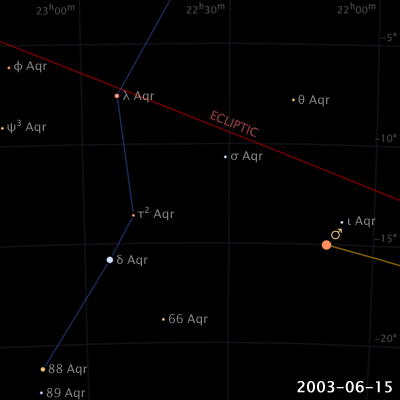Top stories
Mutual Funds (part A)
by
Charles Lamson
 | |
Actually, this is good news for the investor. Not too many years ago, there were very few choices in mutual funds. It was pretty much a one-size-fits-all kind of world.
Times have changed for the better, but now instead of too few choices, one could argue that there are too many choices. How do you sort through the hundreds of choices and make an intelligent decision?
That process is not as hard as it might initially seem. The first step is to classify mutual funds several different ways.
Sales Fee or Not
The broadest classification of mutual funds involves sales fees. Sales fees are like commissions on stock purchases; they are paid to the broker who sold you the fund.
Load
These funds are said to be load funds, because they have a fee that you pay up front when you invest in the mutual funds. This fee is the load.
Another way to identify a load fund is they are most often sold by brokers or financial advisors. No-load funds, on the other hand, are available directly from the mutual fund company.

Back-end Load
If you do not read the details closely, you may be in for a rude surprise if you bought a mutual fund you thought was a no-load fund only to be hit with fees when you sell.
These funds are known as back-end load and can give someone who is unaware a real shock. Back-end load funds may charge a sales fee when you cash out of the fund some suggest that if you leave your money in for a long period, say five plus years, some or the entire fee may be waived.
Of course, these funds seldom use the term "back-end load" to describe themselves. Most often it is called a "deferred" something or a "contingent" something else. The words are carefully chosen to seem harmless. They may even be called "class B" shares of the mutual fund.
Level Load
One more type of load we need to expose is called a level load fund. This sneaky little trick may or may not involve a very small front-end load, but a flat fee appears every year in the form of 12b-1 fees (more about those to follow. These often end up being very expensive for a long-term investor, because a fee comes out of your investment every year and will have a dramatic effect on your total return.

Remember, someone has to pay the high sales commissions, and that person is you. Whether it is pay me now or pay me later, you still pay, either in salkes fees or operating expenses or wherever they can hide the fee.
You need to read the fund's prospectus for any hidden fees. The mutual fund industry has become very clever in disguising fees and figuring out ways to capture more of your money.
Why would you want to buy a load fund? The salespeople will say their performance is superior because the sales fee means they can hire the top talent to manage the fund. As a rule, load funds perform no better than their no-load counterparts. Besides, the sales fee goes to the broker who sold you the fund, not the mutual fund company managing the fund.
Which gets us back to the original question: Why buy a load fund? The short answer is you should not. There are too many good or better alternatives that do not change a sales fee to consider a load fund.
However, you should always look at the whole picture. If a load fund was dramatically outperforming its no-load counterparts, it might make sense to consider the investment. You should always look at the total return of an investment before making any decisions.
*SOURCE: ALPHA TEACH YOURSELF INVESTING IN 24 HOURS, 2000, KEN LITTLE, PGS. 127-129*
END
|

Offering support for multiple accounts, a home page widget showing latest tweets and an incredibly slick and professional design, it's one of the finest examples of app development out there today.
ReplyDeletevumoo